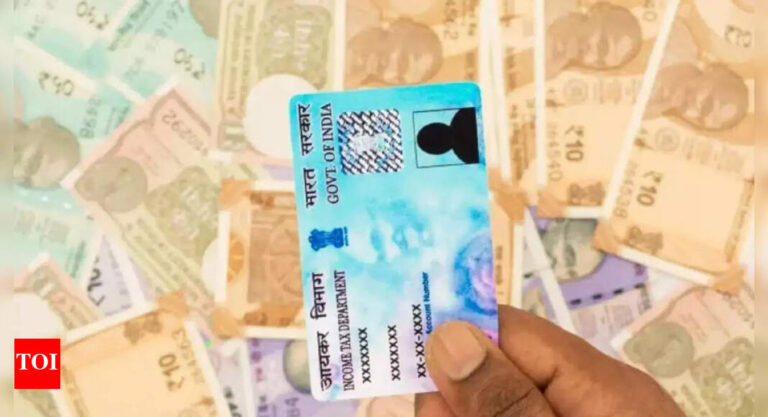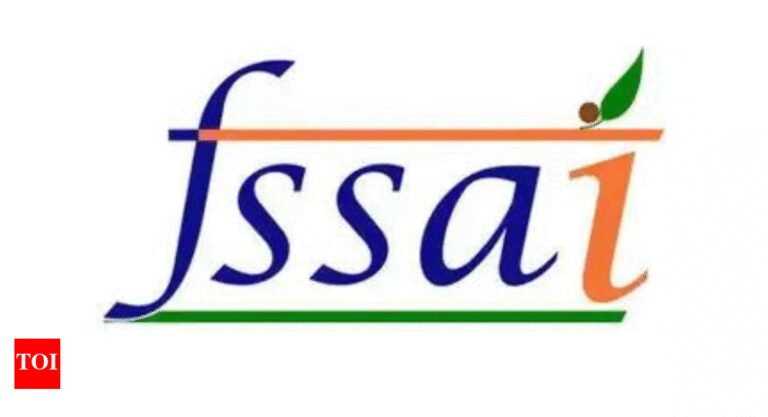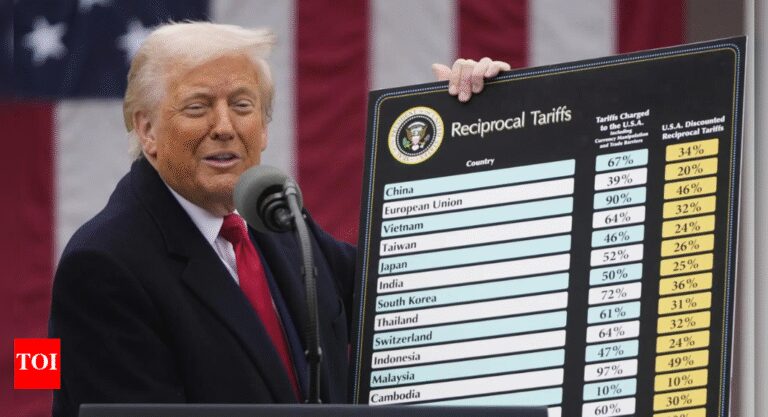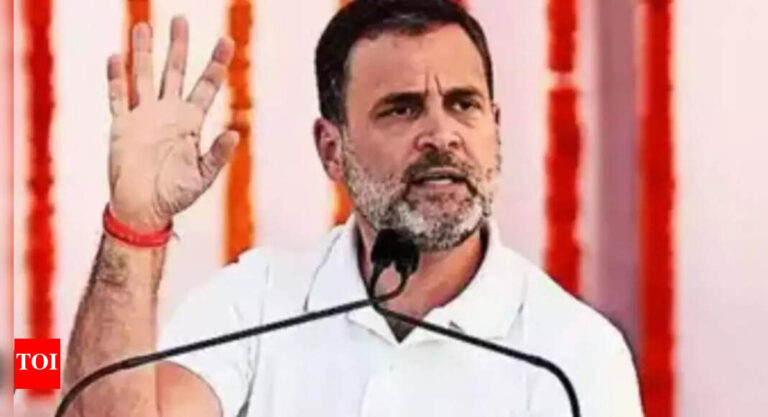
India’s pharmaceutical sector has given its insights into US President Donald Trump’s announcement of a 25 per cent tariff on all Indian imports starting August 1, warning that the move could significantly disrupt American healthcare rather than weaken Indian industry. While uncertainty remains about whether pharmaceuticals will fall under the new tariff list- given Trump’s April declaration that excluded essential drugs- the reaction from Indian pharma stakeholders has been swift and pointed. “He is trying to kill the market of the Indian economy, but it is not going to happen,” said Dilip Kumar, Chairman of the Chamber of Commerce’s Medical Tourism wing, speaking to ANI. “We are exporters, especially of medical equipment, pharmaceuticals, and disposables, which mostly come from India. The American market is dependent upon Indian and Chinese markets,” he added. Kumar also said that, “India won’t be impacted, as we will go by the route of exporting to European countries. We can survive in the toughest times and bounce back.”Also read: 25% tariff on India; ‘dead economies’ jibe, trade deal with Pakistan & more – Key points Echoing these sentiments, Pharmaceuticals Export Promotion Council of India (Pharmexcil) Chairman Namit Joshi issued a statement through PTI highlighting India’s indispensable role in the US drug supply chain. “India has long been a cornerstone of the global supply chain for affordable, high-quality medicines, particularly in the generic drug market, where it supplies nearly 47 per cent of the pharmaceutical needs of the US,” said Joshi. “Indian pharmaceutical companies play a vital role in ensuring the affordability and availability of essential medications, including life-saving oncology drugs, antibiotics, and chronic disease treatments,” he added. Joshi warned that the immediate fallout of the tariff move would be rising drug prices and possible shortages in the US. “Any disruption to this supply chain will inevitably lead to shortages and escalating prices, ultimately harming US consumers and healthcare systems.” He noted that while the short-term impact would be painful, the long-term risks were even more serious. “The long-term impact will be even more severe. The US market, heavily reliant on India for Active Pharmaceutical Ingredients (APIs) and low-cost generics, faces a daunting challenge in finding alternative sources that can match the scale, quality, and affordability that India offers,” Joshi said continuing his insights. Efforts to transition manufacturing and API production to other countries or domestic facilities in the US could take “at least 3–5 years before meaningful capacity can be established,” he cautioned. Despite the uncertainty, Pharmexcil said it remained committed to working with stakeholders to maintain India’s role as a reliable supplier of affordable medicines. “We continue to engage with policymakers to emphasise the importance of affordable access to medicines and the indispensable role Indian pharmaceutical companies play in meeting the growing global demand for essential drugs,” Joshi said.








